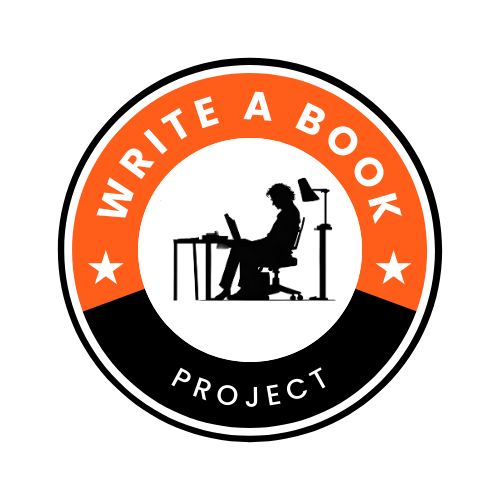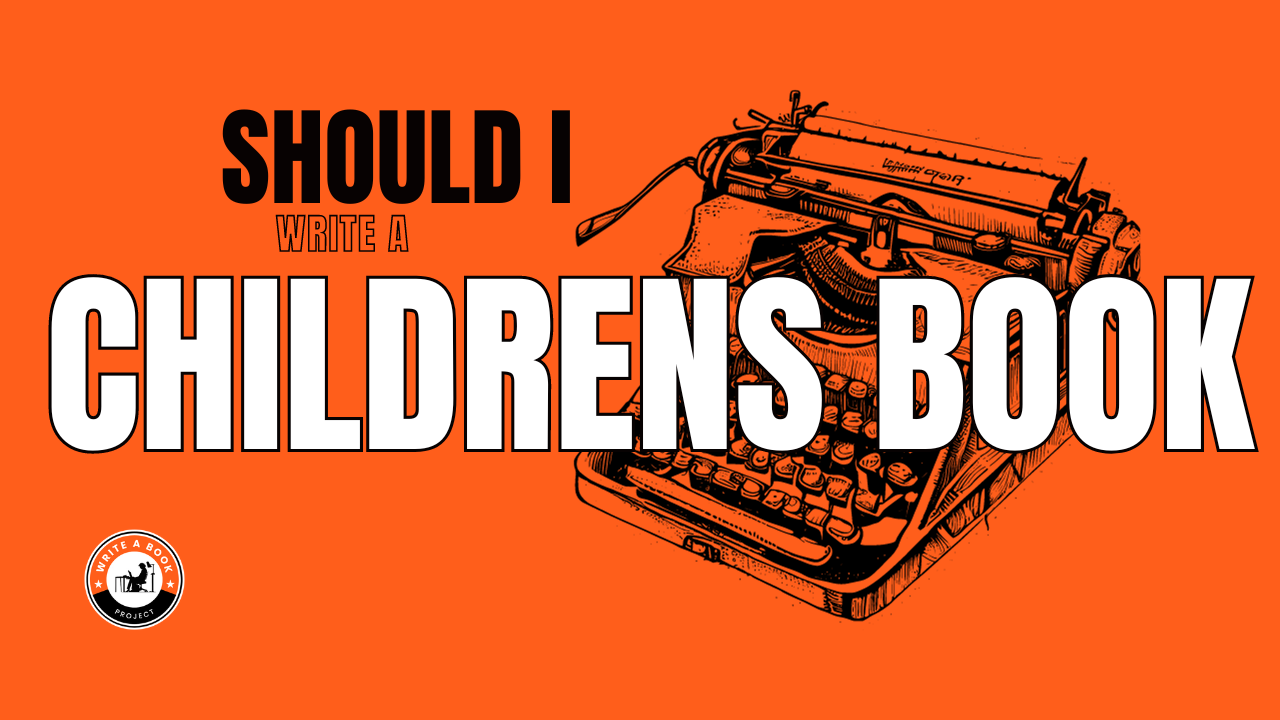Should I Write A Children’s Book
Should You Write A Children’s Book?
Every evening for the past years - not a single evening missed - I have told my children stories. Each story features the same 3 characters on a different adventure.
I have six children and have been doing stories like this since 1989. Maybe I should be writing a children’s story! Yet for some reason, I have thought about writing children’s stories and yet still haven’t done them.
Writing a children's book can be an extremely fulfilling and impactful endeavour for several reasons:
Inspiring Imagination: Children's books have the power to spark and nurture a child's imagination. Through colourful characters, engaging stories, and creative worlds, you can provide a space for children to explore and develop their imaginative abilities.
Promoting Literacy: Children's books play a crucial role in promoting literacy. They introduce young readers to language, vocabulary, and storytelling, helping them develop essential reading skills that will benefit them throughout their lives.
Teaching Values: Children's books often convey important lessons and values in an accessible way. Through characters' experiences and challenges, you can impart moral lessons, empathy, and positive behaviour, helping shape a child's understanding of the world.
Fostering a Love for Reading: Introducing children to the joy of reading at an early age can instil a lifelong love for books. A well-crafted children's book can create positive associations with reading and make it a pleasurable activity.
Building Emotional Intelligence: Children's books often explore emotions and relationships, providing a platform for discussing complex feelings and social dynamics. This can contribute to the development of emotional intelligence in young readers.
Connecting with Young Readers: Writing for children allows you to connect with a young audience uniquely. Children's books have the potential to create lasting memories and positive associations with learning, literature, and creativity.
Diverse Representation: Children's books have the opportunity to introduce diverse characters, cultures, and perspectives. Representation in literature is crucial for helping children see themselves and others in positive and inclusive ways.
Family Bonding: Reading together is a wonderful bonding activity for families. Your children's book could become a shared experience that parents, grandparents, and siblings can enjoy together, creating lasting memories.
Contributing to Education: Children's books are often used in educational settings to enhance learning. Teachers and educators may use them to teach various subjects, including language arts, social studies, and science.
Expressing Creativity: Writing a children's book allows you to express your creativity in a unique and imaginative way. Crafting a story for young readers gives you the freedom to explore fantastical worlds, create memorable characters, and weave engaging narratives.
Writing a children's book is not just about entertaining young readers; it's about shaping their understanding of the world, fostering a love for learning, and contributing to their overall development.
Here is what I have seen with my six children through books. There are times when they are informing me about things I don’t know. How? Through children’s books.
Writing a children’s book can transform the writer even more transform and help to shape young minds and imaginations.
I’d love to read your comment below.
Ghostwriter | Videos | Mentor
Alan Forrest Smith
Updated by Tamara Forrest-Smith


